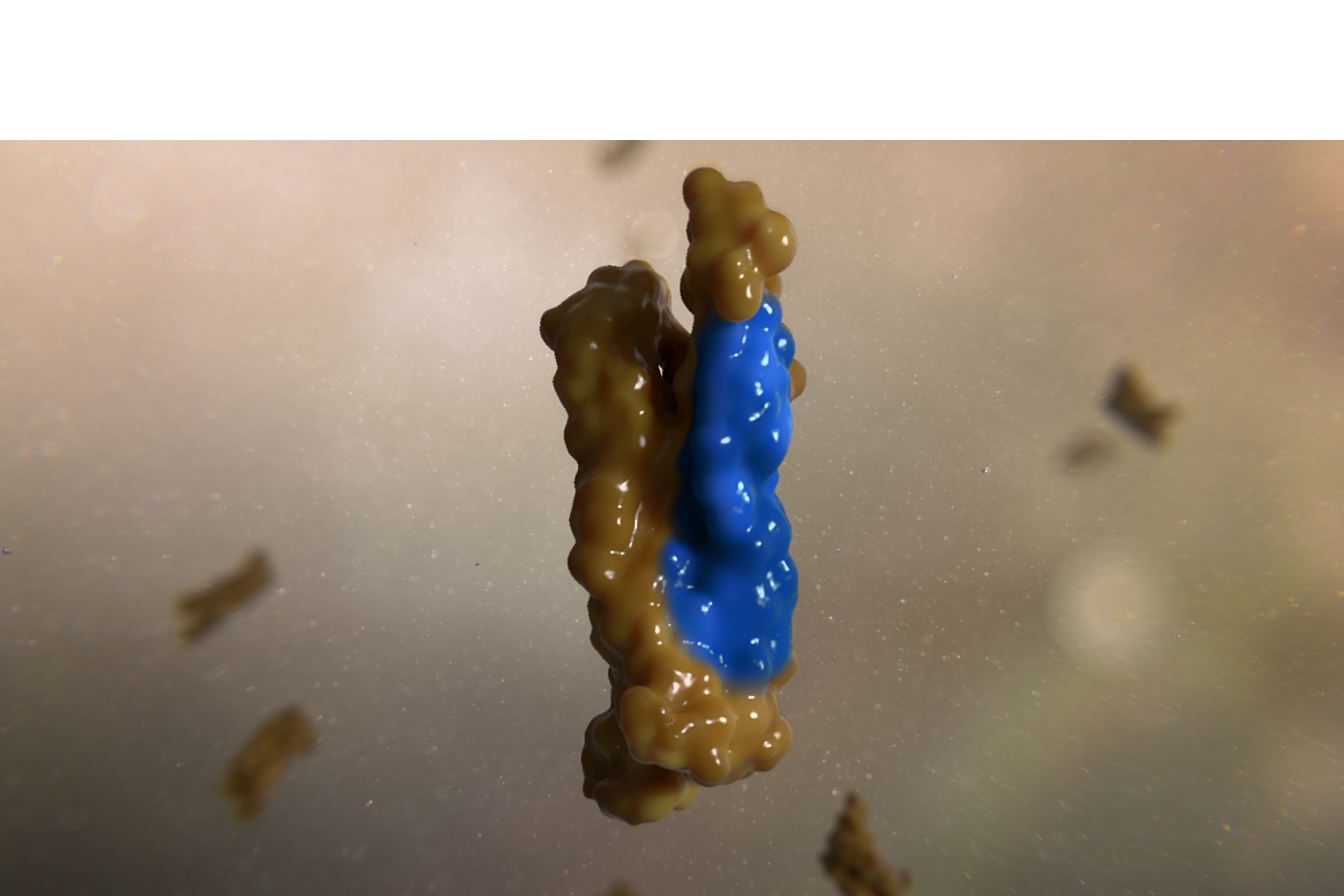
Cell Penetrating Alphabodies
Capitalizing on the vast universe of intracellular targets to generate multiple transformative cancer treatments
Blue ocean opportunity
Cell Penetrating Alphabodies (CPABs) represent a novel drug format to address intracellular protein-to-protein and protein-DNA interactions. These targets are currently beyond the reach of virtually all current biological drugs.
A New Class of Cancer Therapeutics
The therapeutics space in oncology has recently been expanded by the introduction of immuno-oncology (I-O) therapies, drugs that enhance the power of the immune system in attacking tumor cells. Complix is developing two classes of CPABs: those that act directly on cancer cells by targeting oncogenes or oncoproteins that are critical for tumor growth and progression, and others that act on intracellular targets of immune system cells to stimulate their cancer fighting activity. Complix is therefore building a portfolio of clearly differentiated products that have the potential to broaden the scope of cancer therapeutic regimens.
Expanding the reach of cancer treatments
Current cancer treatments can be broadly classified as either antibodies or small molecules and are limited by the targets which they can address. Antibodies, whilst highly potent and specific, are limited to targets outside of the cell. Small molecules are able to reach the intracellular space, but their small interaction area limits the number of target types with which they can interact with sufficient potency and specificity. As a result, these conventional drug formats can only access less than 20% of all known disease targets.
CPABs overcome the limitations of current drugs through combining the advantageous potency and specificity of antibodies with the cell penetrating ability of small molecules. CPABs can access the cytosolic and intranuclear space, both of which contain many regulatory targets (proteins, DNA, transcription factors etc.) essential to cancer growth and thus representing a rich repository of important new therapeutic targets.

CPAB therapeutics have blockbuster potential
The CPAB platform has the potential to generate novel cancer therapies with blockbuster potential based on the ability of CPABs to act on important regulatory molecules inside tumor cells or in cells of the immune system, and in this way either suppress growth and differentiation of cancer cells or boost the immune system attack on the tumor.
The Company believes that, thanks to their unique capacity to address a broad universe of intractable intracellular targets, CPABs represent an entirely novel class of therapeutics that have the potential to significantly improve treatment outcomes for cancer patients.


